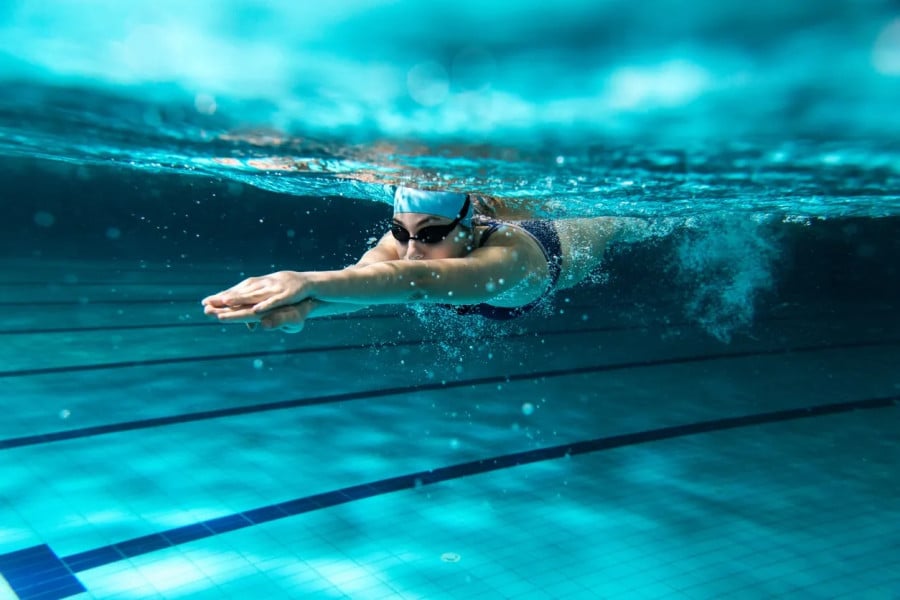A review of how Paris 2024 Olympic Games aimed to address gender equality

With the Olympics and Paralympics ending earlier this summer, it provides an opportune time to examine the impact that the hosting of major sporting events (“MSEs”) can bring.
A particularly big theme that was noticeable in the Paris 2024 Olympic Games was gender equality. This article will look at how the Paris Olympics aimed to address gender equality, both by the measurable targets that the International Olympics Committee (“IOC”) set but also in softer ways, such as the messages delivered by women athletes themselves.
This article will focus on the Olympics but, as noted further below, recognises that the position may not be the same for the Paralympics.
Women in sport has been on the rise in recent years and has made strides with huge moments such as the Lionesses winning the European Championship in 2022. However, there is still a lot of work to do in terms of ensuring gender equality both in sport and society.
So how has the Paris 2024 Olympics fared for gender equality and what legacy impact may it have on gender equality concerns?
Let’s first look at the gender-equality goals that the IOC expected Paris to achieve during the bidding process for candidates.
To continue reading or watching login or register here
Already a member? Sign in
Get access to all of the expert analysis and commentary at LawInSport including articles, webinars, conference videos and podcast transcripts. Find out more here.
- Tags: Athlete Welfare | Equality | France | Governance | Olympic | Paralympic | Regulation | Women's Sport
Related Articles
- Gender equality in football - how we negotiated equal rights for the Matildas & Socceroos
- What is the future of dispute resolution in Paralympic sport?
- Sports Law from an athlete’s perspective: Key Takeaways
- Sport, Equality And Discrimination – Annual Review 2023/24
- A silk’s story: what it’s like to experience and officiate at the Paris 2024 Olympics
- Balancing act: CAS challenges and the 'field of play' doctrine in Olympic gymnastics (Chiles & Maneca-Voinea cases)
- A summary of CAS Ad Hoc decisions at the Paris 2024 Summer Olympic Games
Written by
Gino Murugesan
Gino Murugesan is an associate in the full service, international employment practice at Stephenson Harwood. The employment team is ranked by the leading legal directories in the elite category for employment law advice when acting for employers. Stephenson Harwood has its headquarters based in London, with eight further offices across Asia, Europe and the Middle East.




